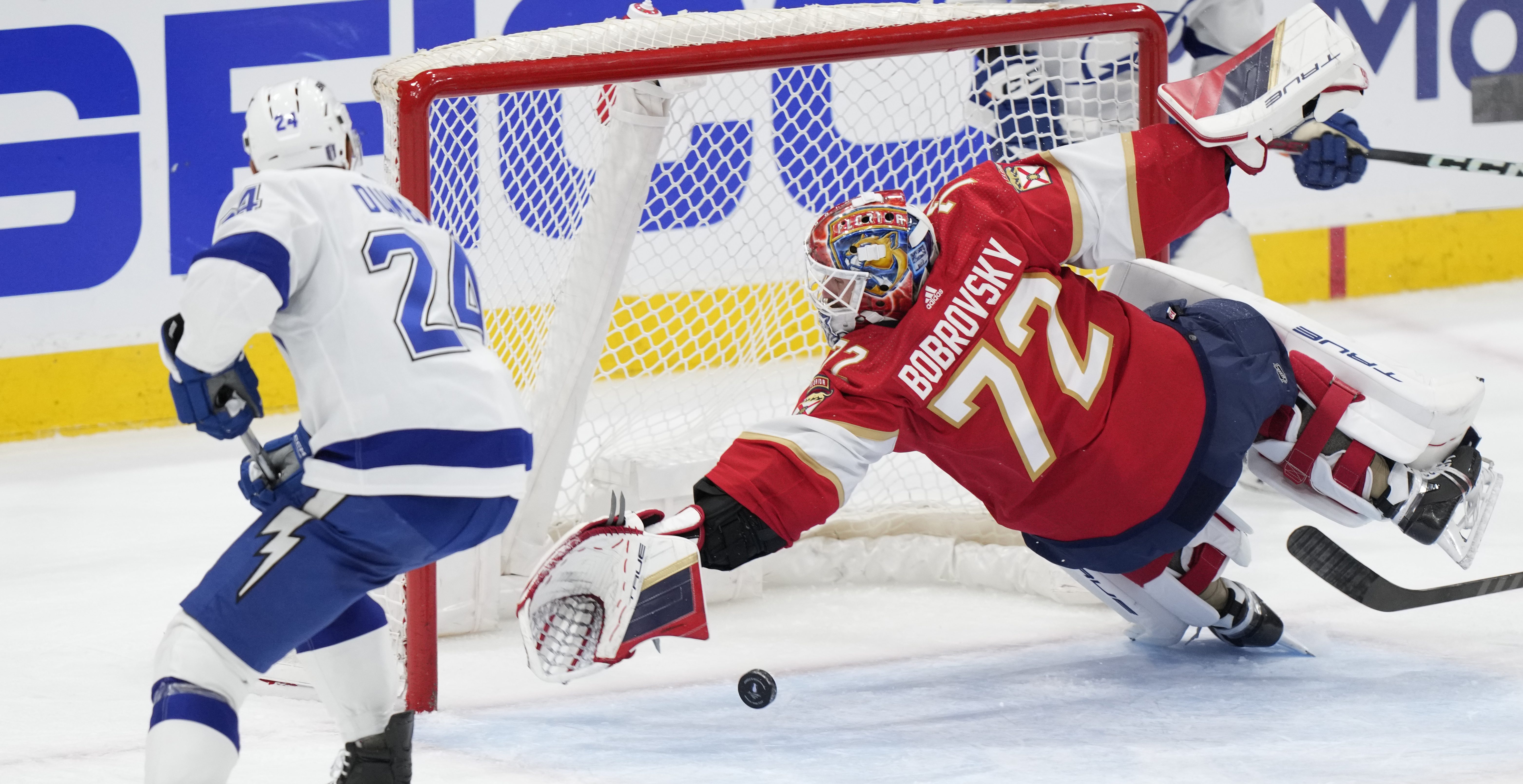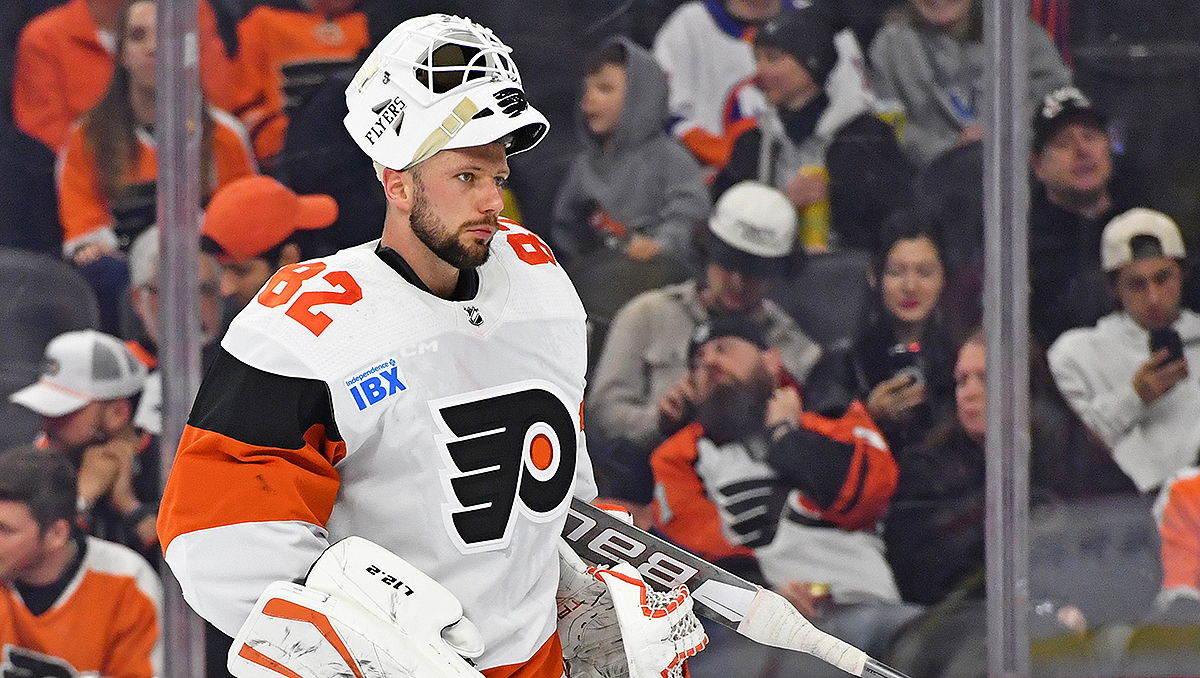
They played games at the bargaining table for the past 113 days.
Now the real games can finally begin.
The National Hockey League lockout ended early Sunday morning after a marathon bargaining session of 16 hours.
The resulting 10-year CBA between the league and the NHLPA should allow for sustained growth on both sides, while promising long-term hockey stability for sponsors, advertisers and television.
It could also allow the two sides to repair the enormous damage a second lockout in eight years has done to the game with its constituency and fans.
By Wednesday, its expected both the leagues Board of Governors and approximate 740 players will have ratified the deal so training camps can open by the end of the week.
I want to thank Don Fehr. We still have more work to do, but it's good to be at this point, NHL commissioner Gary Bettman told reporters in New York City early Sunday morning.
NHL
Weve got to do a lot of Is and cross a lot of Ts. Theres still a lot of work to be done, but the basic framework of the deal has been agreed upon.
Scheduling issues still need to be resolved. A 50-game schedule can be accommodated, but the league would like to squeeze in 52.
It was a battle, said Winnipegs Ron Hainsey, a member of the union's bargaining committee, who also acted as its lead spokesman. Gary said a month ago it was a tough negotiation. That's what it was.
Players obviously would rather not have been here, but our focus now is to give the fans whatever it is -- 48 games, 50 games -- the most exciting season we can.
The mood has been nervous for a while. You want to be playing. You want to be done with this.
The NHL planned to cancel the season on Jan. 11 had their been no agreement.
Though neither side can gloat about a third lockout under Bettman, the hero in saving the season was federal negotiator Scot Beckenbaugh.
Beckenbaugh tirelessly worked since Friday trying to bring both sides together, going back and forth -- on foot -- in Manhattan from the leagues headquarters in midtown to the players hotel a few blocks away.
He did a great job of keeping the sides going, Coyotes forward Shane Doan told the National Post.
That was probably the biggest part. I was told by family and friend to lock us in a room and dont let us out, and the mediator kind of did that.
That was huge. And at the same time, both sides got involved and got it done.
George Cohen, the Federal Mediation and Conciliation Service director, called the deal the successful culmination of a long and difficult road.
Of course, the agreement will pave the way for the professional players to return to the ice and for the owners to resume their business operations, Cohen said in a statement.
But the good news extends beyond the parties directly involved; fans throughout North America will have the opportunity to return to a favorite pastime and thousands of working men and women and small businesses will no longer be deprived of their livelihoods.
Sources said Doan was also a vital cog in bringing about compromise over the final week.
Everyone is obviously relieved that it's over and done with, for all intents and purposes, and we're able to kind of move on to what we kind of enjoy doing a lot more than this, Doan told Canadian Press.
Bostons Andrew Ference said more was accomplished in 16 hours with Beckenbaugh than in the past six months.
Thats not an exaggeration, he told reporters.
Beckenbaugh shrugged off any praise.
Im as famous as I want to be, he said.
NHL club officials cant comment until Bettman officially declares the lockout as having ended.
Though both sides got a fair agreement, its impossible to believe that this very same deal could not have been agreed upon months ago and saved the Winter Classic.
Hopefully within a very few days the fans can get back to watching people who are skating, not the two of us, Fehr said. Any process like this is difficult. It can be long.
One of the key sticking points at the very end was the 2013-14 salary cap. It will be 64.3 million4.3 million more than the league initially offered and 700,000 less than what the players wanted.
The cap floor in Year 2 will be 44 million.
Right now, the Flyers' cap number for next season is about 60 million. The cap for this shortened season remains 70.2 million.
"I'm thrilled for our fans, I'm thrilled for all of our people that work around our sport that have been hurt by this," Flyers chairman Ed Snider told the Associated Press. "I'm thrilled for the players, for the owners. I'm just sorry it had to take this long. The great thing is, we don't have to look at it for hopefully 10 years, or at worst eight, and that's good stuff."
Other details of the new CBA, as confirmed by league sources:
- 5050 split on revenue
- 10-year deal with opt-out at eight years
- player contract term limit is seven years (eight to re-sign)
- salary variance of no more than 30 percent from year to year or 50 percent from start to finish
- defined pension benefit in which the owners assume liability
- revenue sharing set at 200 million with a 60 million growth fund
- maximum two compliance contract buyouts, which can be used prior to the start of the 2013-14 start of season, but not this season. The money counts against the player share but not against the salary cap
- walkaway salary arbitration rights for teams if the award is 3.5 million or more
Hainsey called the pension plan, the centerpiece of the deal for the players. It was one issue in the players minds that unless the league conceded, could have cost everyone another cancelled season.
Among the side issues that still needs to be resolved is NHL participation at the 2014 Winter Games in Sochi, Russia.
That will be handled separately by a committee of players and league personnel working on international competitions.
Information from the Associated Press was used in this report.
E-mail Tim Panaccio at tpanotch@comcast.net.


